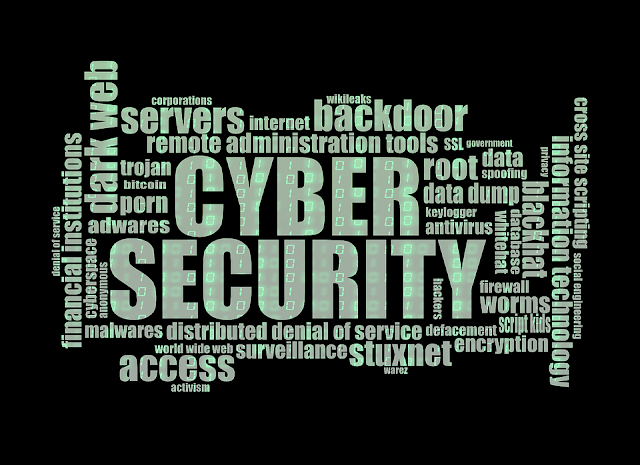In just two months of the pandemic, the digital world went through “two years worth of digital transformation” according to Microsoft and to compute these changes the company did a survey of 800 leaders from companies with more than 500 employees from the United States, United Kingdom, India, and Germany. The report circumcises the pandemic threat landscape, the long term cybersecurity, budget, staffing, and the adjustments companies did to update their security.
The crux of the matter remains that the pandemic bought on a multitude of attacks and scams but the very thing strengthened the need for better cybersecurity and many businesses realized this and overall we saw a grave change where digital security is concerned.
According to Microsoft’s report following are the changes bought on in cybersecurity by the global pandemic in the long term-
Security as a prime factor in Digital Empathy
With scales of business going WFH (work from home), business leaders quickly realized better security is more productive and drives a better end-to-end experience. For most business leaders the main aim was to improve user experience and productivity thus investing in cybersecurity with VPNs and Multi-factor authentications. The reports show a considerable increase in cybersecurity investments in the surveyed countries since the beginning of the pandemic.
Zero Trust Journey
According to csooonline.com, “Zero Trust is a security concept centered on the belief that organizations should not automatically trust anything inside or outside its perimeters and instead must verify anything and everything trying to connect to its systems before granting access.” Earlier, this Zero Trust capability was an option, now this has become the priority and everyone’s on it for a much secure and private environment inside the database of the company.
More Database, Better Threat Intelligence
The pandemic highlighted the advantages of cloud backups and threat tracking. Microsoft tracked around 8 Million threats daily from around the world due to the diverse and large data input. With the help of automated tools, human insights, and large data, many threats could be tracked and stopped before they reached the user.
Cyber reliance key to business operations
Cyber Security is fundamental for efficient business operations and cyber resilience. For that remote workplace, businesses need to constantly update their security plans and threat assessment as well as employ end to end security solutions.
Microsoft reports, “More than half of cloud forward and hybrid companies report having cyber-resilience strategy for most risk scenarios compared to 40% of the primarily on-premises organization. 19% of companies relying primarily upon on-premises technology do not expect to maintain a documented cyber-resilience plan.”
Cloud Security Solutions as Inevitable




